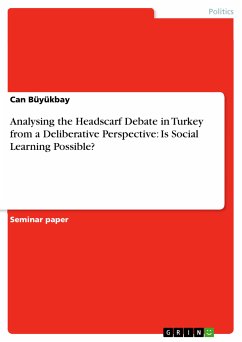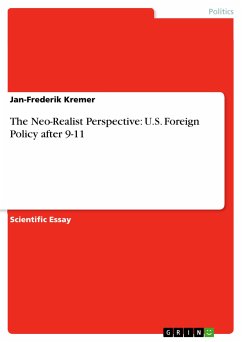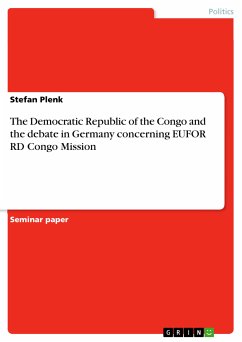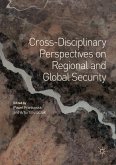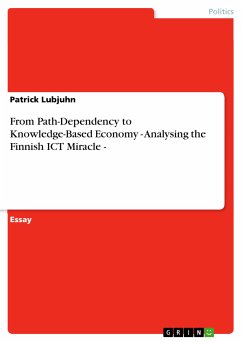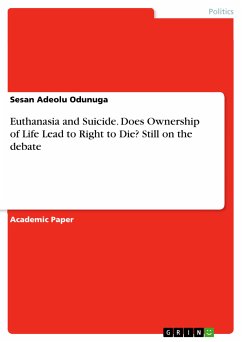Seminar paper from the year 2009 in the subject Politics - International Politics - Region: Near East, Near Orient, grade: 5 (CH), University of Bern (Insitut für Politikwissenschaft), course: Deliberative Democracy, language: English, abstract: The victory of the conservative AKP (Justice and Development Party) in November, 2002 elections has brought the issue of turban1 back on the agenda, so much so that the tension between Islamists and Kemalists has again increased. This controversial debate has divided the Turkish society into different camps. Secularists claim that the turban is a political symbol and has nothing to do with basic individual rights. Islamists, on the other hand, treat it mainly as an issue of religious freedom. The basic goal of this paper is to answer the question of whether deliberative democracy can contribute to creating a healthy dialogue between Islamists and Kemalists in Turkey. Special emphasis has been given to deliberative concepts such as social learning and mutual understanding, because they may enhance the possibility that an adequate atmosphere of dialogue can be created. First, the theoretical framework will be discussed: After handling the general considerations of deliberative democracy, a more specific model of John Dryzek will be dealt with which analyses the decision making and social learning levels of deliberation separately. Then, Seyla Benhabibs work “Claims of Culture” (2002) will be examined. Benhabib focuses on the less restricted, informal phases of deliberation in her book. By focusing on Dryzek and Benhabib, this paper aims to establish an analytical framework that shows deliberation as an opinion formation process oriented to learning alongside the decision making process. The third chapter focuses on the headscarf debate in Turkey by considering its historical roots and legal framework. In the fourth chapter, a survey conducted in 2007 by the Konda Research Institute regarding the perceptions and practices of people in Turkey regarding religion, the headscarf and secularism will be presented. Next, some of the findings of the “Q survey” conducted by Bora Kanra will be discussed. It will be argued that the findings of these two studies will bolster the hopes for establishing a more healthy democratic culture in Turkey.

